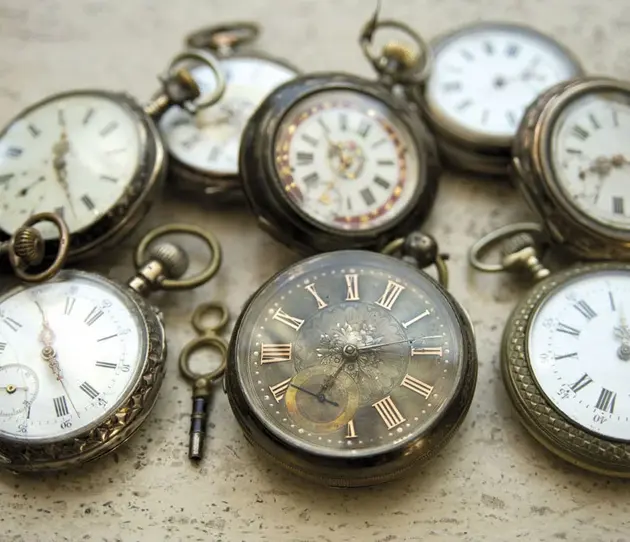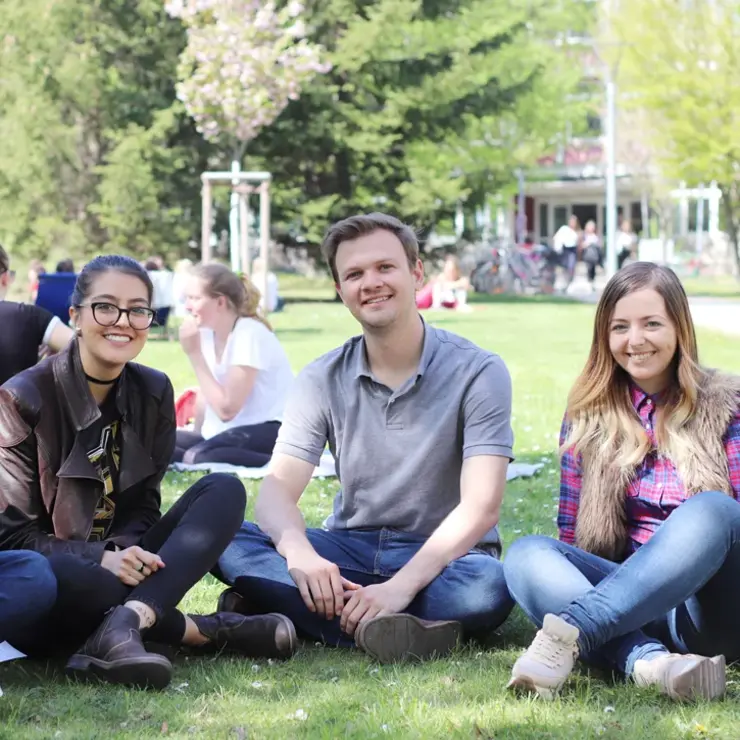Transcultural History
Course Details
The Master program in Transcultural History enables students to study selected regions of the world in greater depth, across epochs and cultures. The aim is to discuss world-historical concepts and at the same time to explore the particular national and regional historical developments.
The Erfurt concept of a "History of World Regions" is based on a double insight: The world proves to be a global network of relationships and at the same time an ensemble of manifoldly differentiated spaces. The interaction of the Erfurt professorships refers to the fact that the cultures and world regions under consideration have always been characterized by interaction and exchange as well as by exclusion and conflict. The aim is to sharpen our awareness of the dynamic tensions of globalisation, which is determined by the dissolution of boundaries and interdependence on the one hand, and regionalisation and containment on the other.
That is why the study of history in Erfurt is designed to transcend epochs and compare cultures. It makes use of a diverse range of cultural and social science theories and methods, with particular emphasis on the perspectives of historical anthropology and a spatial analytical approach.
Why study the Master of History at the University of Erfurt?
- world-regional and cross-epochal
- set one's own priorities
- research-oriented
- individual care
Job & Career Perspectives
Our graduates work in the following professional fields:
- in international cultural, political and scientific institutions
- in research
- in archives, libraries or museums
- in the communication of historical knowledge in the media and the public
Transcultural History in Detail
Structure of the study programme
The study of Transultural History comprises 120 credit points (LP) and is divided into a three-semester study phase (90 LP) and a semester for writing the Master's thesis (30 LP). The course offering consists of two compulsory modules and seven further modules, three of which must be chosen.
The course of study comprises the following modules:
- Theories and Methods (compulsory in the first year)
- Globality and locality
- world and time orders: concepts and practices
- world regions: Contact, conflict, transfer
- knowledge spaces
- research and practice module
The Master program History transcultural can be completed with the following specialisations:
- North American History
- West Asian history
- European history
- Public history
Internships and stays abroad are supported by various international cooperation and exchange programmes.
Examination regulations
Examination regulations for the Master programme Transcultural History
Study abroad
Historical studies maintains numerous collaborations with universities in Belgium, France, Greece, Italy, Lebanon, Poland, Romania, Switzerland, Spain, Czech Republic, Turkey and the USA. There are also funding opportunities for studying in other countries.
Information on studying, internships and language courses abroad:
Exchange programme mit der Temple University, Philadelphia
The History Departments at Temple University in Philadelphia and at Erfurt University have developed an essential partnership. We exchange graduate students and faculty, co-teach classes and colloquia, attend workshops,lectures, and formal and informal discussion, co-supervise dissertations, and co-author books. Since 2018, our partnership has been funded by the ISAP programme of the German Academic Exchange Service.
More information: „UETeach – Uni Erfut Temple Exchange“
Admissions qualification
- a degree in history or related historically oriented cultural or social sciences of at least six semesters standard period of study (final grade 2.3 or better)
Language requirements
- German: Upon application, international applicants must prove German language skills at level B1.
- With regard to the world-regional or subject focus of the Master's thesis, specific language skills can be made a prerequisite.
Language Center
The Language Centre (Sprachenzentrum) offers around 140 language courses per semester in 16 modern and ancient (foreign) languages. It supports you in acquiring and deepening your language skills.
www.uni-erfurt.de/sprachenzentrum
International applicants
International applicants whose native language is not German must provide proof of sufficient German language skills (level B1) upon application.
Information on required German language skills and the German language test for university admission (DSH):
Open Day

Open Day
Numerous information and advisory services offer you the opportunity to see the study and living conditions in Erfurt for yourself at the open day. Get to know the green campus and the beautiful old town centre on guided tours. Information on the program: Open Day
Order or download information material
Would you like to hold the study program flyer in your hands? Then request our free information material without obligation. In a few days you will receive mail directly to your home.
You don't want to wait? Then download the flyer in the download center now.
Application
The recommended application period for the Master's programme Transcultural History is from 1 January to 15 July for the winter semester and for the summer semester from 1 December to 15 January. *) **)
*) If your application is received by 15 July or 15 January, the University of Erfurt will endeavour to inform you of the admission decision promptly after reviewing your application. By accepting the place, you can enrol immediately.
**) If we do not receive your application until after the recommended deadline of 15 September or 15 March at the latest, we cannot guarantee that your application will be processed promptly; the last time decisions on admission are made is in the week before the start of lectures.
Information on application deadlines and application modalities, admission, enrolment can be found at:
Apply now for Transcultural History
For international students
Want to study one semester or year at the University of Erfurt?
You come from abroad and are interested in studying for a Bachelor's or Master's degree at the University of Erfurt?
Foto Credits: Adobe Stock (Dora Zett)






